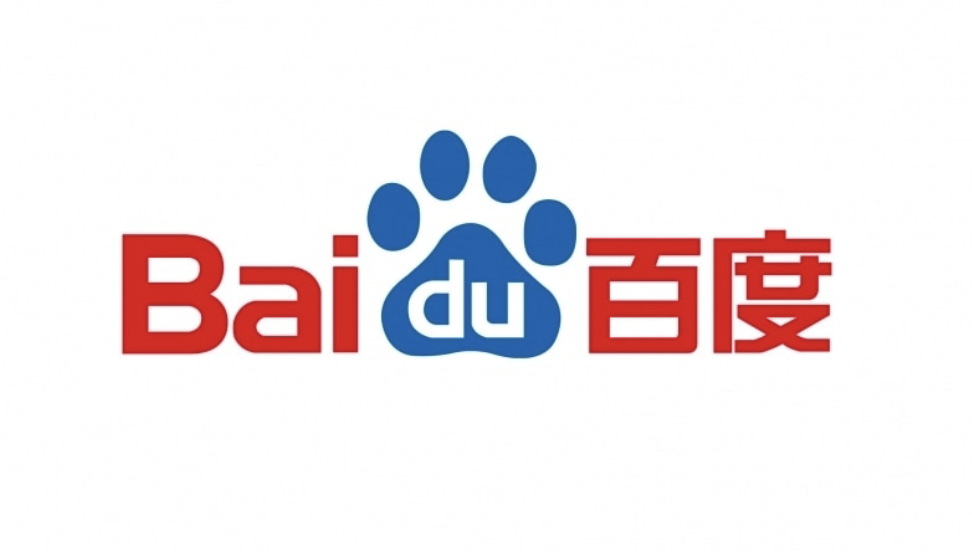
Baidu’s Ambitious Robotaxi Expansion: A Global Vision for Self-Driving Technology
- Story Teller
- 0
- Posted on
In the rapidly evolving landscape of autonomous vehicles, Baidu, a leading Chinese technology giant, is making significant strides with its robotaxi services. Known for its robust search engine and AI capabilities, Baidu is now setting its sights on expanding its robotaxi services beyond China. This ambitious move aims to tap into new markets and showcase its cutting-edge self-driving technology on a global stage.
The Rise of Baidu’s Apollo Go
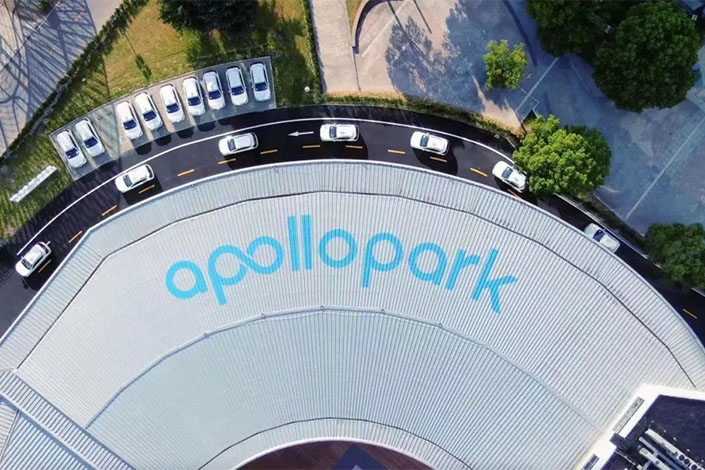
Baidu’s journey into the world of autonomous driving began with the launch of its Apollo project in 2017. Apollo Go, the company’s robotaxi service, has since become a cornerstone of Baidu’s autonomous driving ambitions. Operating in multiple Chinese cities, including Beijing, Shanghai, and Wuhan, Apollo Go has facilitated over 7 million robotaxi rides as of mid-2024. This impressive milestone underscores Baidu’s commitment to advancing autonomous driving technology and its potential to revolutionize urban transportation.
Regulatory Milestones and Market Penetration
One of the critical factors contributing to Apollo Go’s success in China has been the favorable regulatory environment. Chinese regulators have progressively moved from allowing internal testing of robotaxis to permitting their commercial operation. Cities like Beijing and Wuhan have become significant hubs for Baidu’s robotaxi services, with local regulations sometimes requiring a human staff member to be present inside the vehicle. This regulatory support has enabled Baidu to refine its technology and build consumer trust in autonomous vehicles.
The Global Expansion Strategy
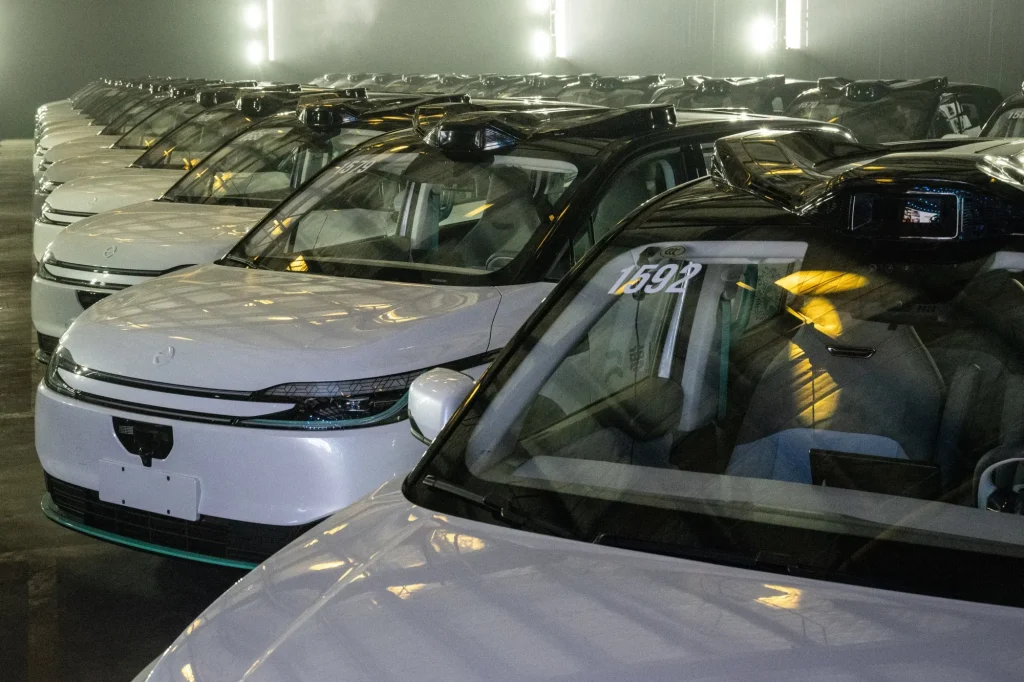
Baidu’s decision to expand its robotaxi services beyond China is a strategic move aimed at capturing a share of the burgeoning global autonomous vehicle market. The company is reportedly in talks with several firms to explore opportunities for international expansion in the near future. While specific details on the timing and regions targeted for this expansion remain undisclosed, the move signals Baidu’s intent to establish a global presence in the autonomous driving sector.
Challenges and Opportunities
Expanding into international markets presents both challenges and opportunities for Baidu. On the one hand, the company will need to navigate diverse regulatory landscapes, each with its own set of requirements and standards for autonomous vehicles. This could involve significant investments in adapting its technology to meet local regulations and ensuring safety and reliability in different driving environments.
On the other hand, the global expansion offers Baidu the opportunity to leverage its advanced AI and autonomous driving technology to address urban mobility challenges worldwide. By introducing robotaxi services in new markets, Baidu can contribute to reducing traffic congestion, lowering emissions, and providing convenient and affordable transportation options to urban populations.
Technological Innovations and Safety Measures
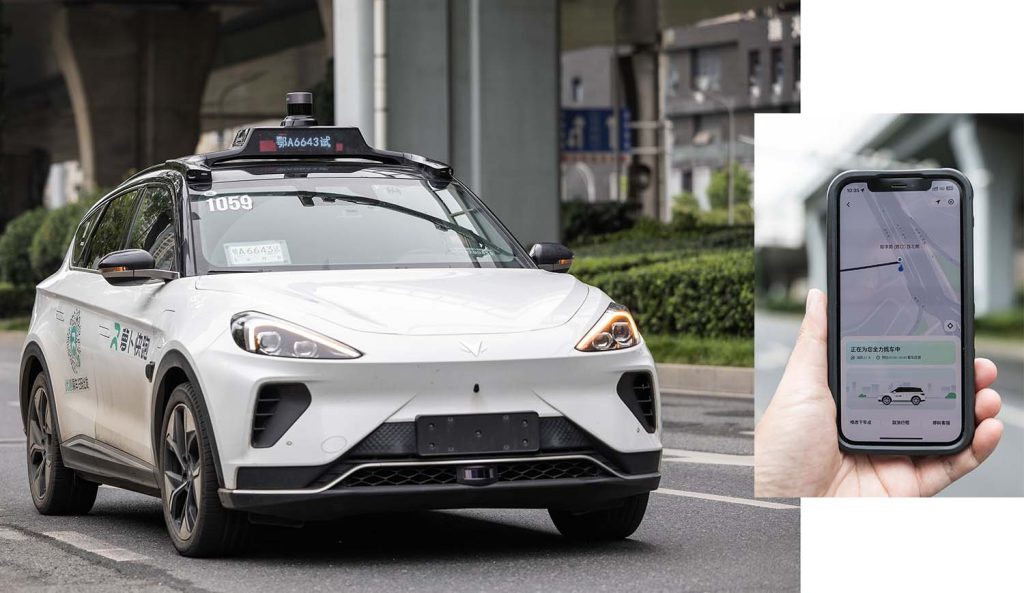
At the heart of Baidu’s robotaxi services is its state-of-the-art autonomous driving technology. Apollo Go vehicles are equipped with a suite of sensors, including LiDAR, cameras, and radar, which enable them to navigate complex urban environments with high precision. The company’s AI algorithms continuously learn and improve from real-world driving data, enhancing the safety and efficiency of its robotaxi services.
Safety remains a top priority for Baidu as it expands its robotaxi operations. The company has implemented rigorous testing protocols and safety measures to ensure the reliability of its autonomous vehicles. In some locations, Apollo Go offers rides without safety drivers onboard, demonstrating the maturity and robustness of its self-driving technology. However, in compliance with local regulations, a human staff member is often present inside the vehicle to monitor the ride and intervene if necessary.
Competitive Landscape and Market Positioning
Baidu’s foray into the global robotaxi market will position it alongside other major players in the autonomous driving industry, such as Waymo, Cruise, and Tesla. Each of these companies has its own unique approach to developing and deploying autonomous vehicles, creating a competitive landscape that drives innovation and technological advancements.
Baidu’s extensive experience in AI and autonomous driving, coupled with its successful track record in China, gives it a competitive edge as it enters new markets. The company’s ability to scale its operations and adapt to different regulatory environments will be crucial in establishing a strong foothold in the global robotaxi market.
Future Prospects and Vision
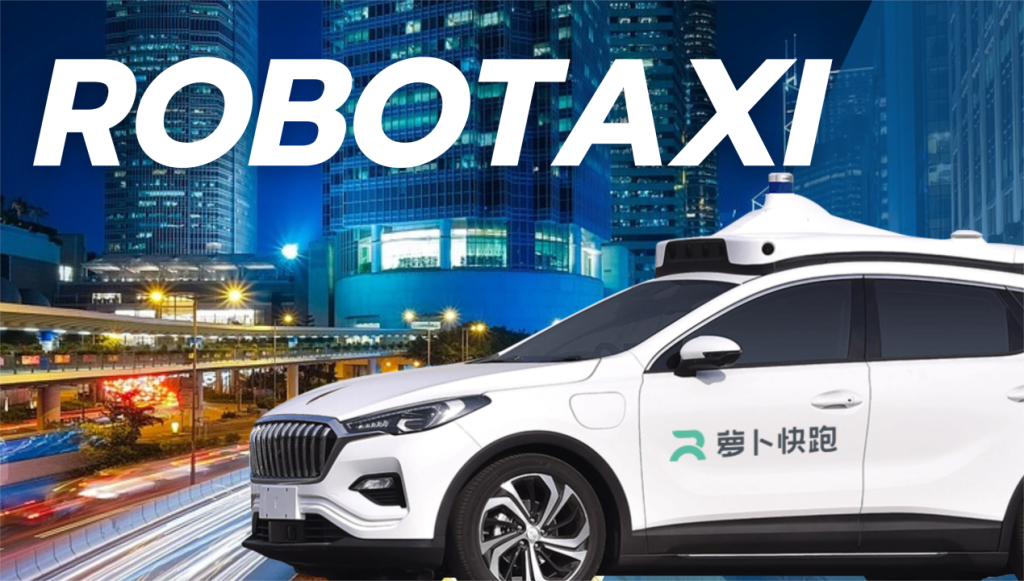
Looking ahead, Baidu has ambitious plans for the future of its robotaxi services. The company aims to expand Apollo Go’s operations to 65 cities by 2025 and 100 cities by 2030. This aggressive expansion strategy reflects Baidu’s confidence in the potential of autonomous driving technology to transform urban transportation on a global scale.
In addition to expanding its geographic reach, Baidu is also focused on enhancing the user experience of its robotaxi services. The company is continuously innovating to improve ride comfort, safety, and convenience for passengers. By leveraging its AI capabilities, Baidu aims to create a seamless and enjoyable transportation experience that meets the evolving needs of urban commuters.
Conclusion
Baidu’s planned expansion of its robotaxi services beyond China marks a significant milestone in the company’s journey towards becoming a global leader in autonomous driving technology. With its advanced AI and self-driving capabilities, Baidu is well-positioned to tap into new markets and address the growing demand for innovative urban mobility solutions. As the company navigates the challenges and opportunities of international expansion, its vision of a future where autonomous vehicles play a central role in urban transportation is becoming increasingly tangible. The world is watching as Baidu takes its next steps towards revolutionizing the way we move in cities around the globe.
